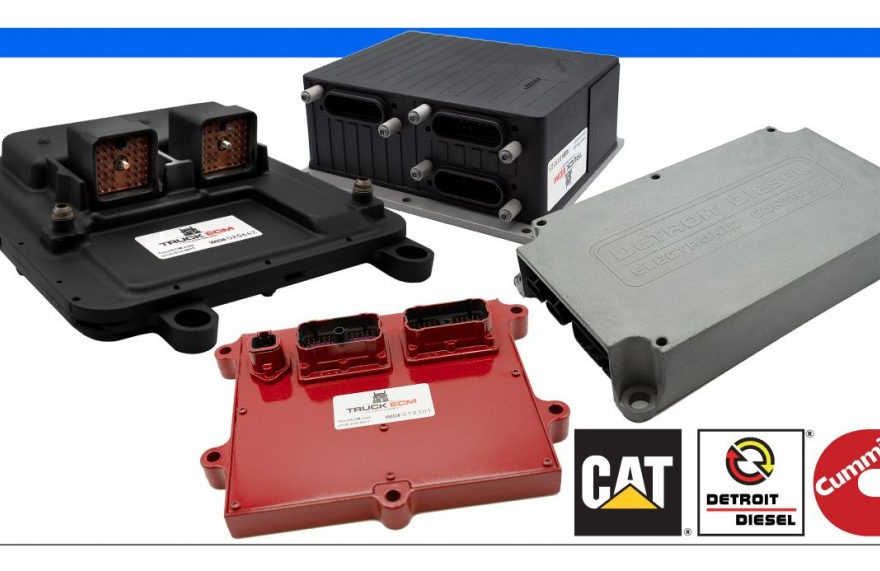The necessity for ECM (Electronic Control Module) repairs in trucks can vary widely based on several factors including usage intensity, maintenance practices, and environmental conditions. Unlike routine maintenance tasks that have a predictable schedule, ECM repairs are often less predictable. Here’s a deeper look into when an ECM might need repairs and how you can identify potential issues.
How Often Do ECMs Need Repairs?
There isn’t a one-size-fits-all answer to how frequently a truck’s ECM may require repairs. These are the main factors that influence the repair frequency:
- Usage Intensity: Trucks that are used extensively, especially those hauling heavy loads over long distances, may experience quicker wear and tear of all components, including the ECM.
- Maintenance Practices: Regular maintenance can help identify potential issues before they lead to ECM failure. Trucks with poor maintenance schedules may require more frequent ECM repairs.
- Environmental Conditions: Trucks operating in harsh environments, such as extreme temperatures, high moisture, or dusty conditions, might see an increased need for ECM repairs.
- Quality of Electrical Systems: Trucks with well-maintained electrical systems are less likely to experience ECM issues. Electrical faults can cause damage to the ECM, leading to repairs.
Common Signs of ECM Issues
Recognizing the symptoms of ECM problems can help you address them before they lead to significant damage. Some common signs include:
- Engine Performance Issues: Difficulty starting the engine, irregular throttle response, or a sudden loss of power.
- Poor Fuel Economy: A malfunctioning ECM can lead to inefficient engine operation and decreased fuel efficiency.
- Check Engine Light: The check engine light may activate if the ECM detects a problem.
- Unusual Behavior: Odd behaviors such as unexpected stalling or erratic shifting in trucks with automatic transmissions.
Preventing ECM Repairs
To minimize the need for ECM repairs, consider the following steps:
- Regular Maintenance: Follow a strict maintenance schedule for your truck. This includes checking the electrical system and ensuring all connections are secure and corrosion-free.
- Protect the ECM from Extreme Conditions: Use protective measures to shield the ECM from extreme temperatures, moisture, and dust.
- Promptly Address Electrical Issues: Fix any electrical problems as soon as they arise to prevent potential damage to the ECM.
- Use Quality Replacement Parts: When repairs are necessary, ensure that high-quality parts and components are used to avoid further issues.
Conclusion
While it’s challenging to predict exactly how often a truck’s ECM will need repairs, understanding the contributing factors and recognizing the signs of potential problems can help prevent unexpected failures. By implementing preventive measures and adhering to regular maintenance practices, truck owners and operators can significantly reduce the risk of ECM-related issues and ensure the longevity and reliability of their vehicles.
More information about truck diagnostic tools, please visit truck repair case
